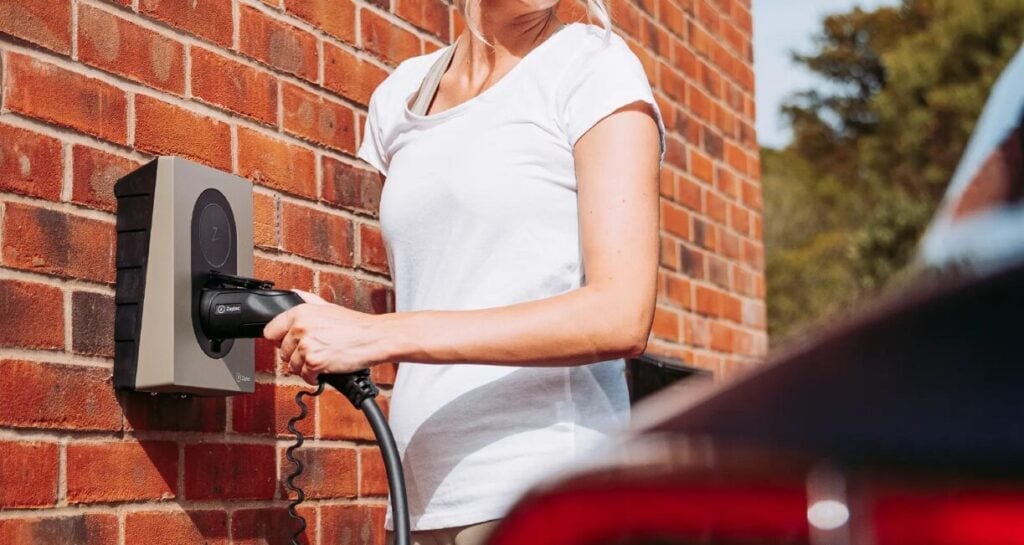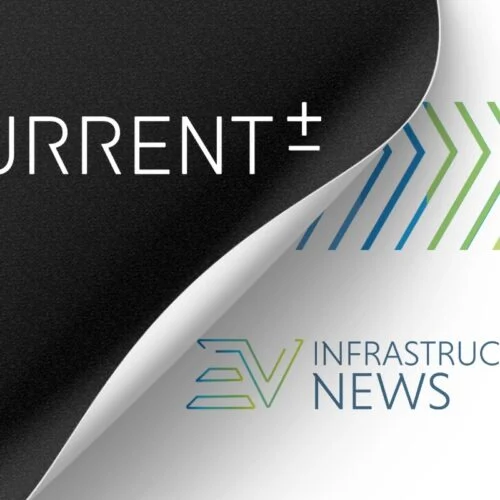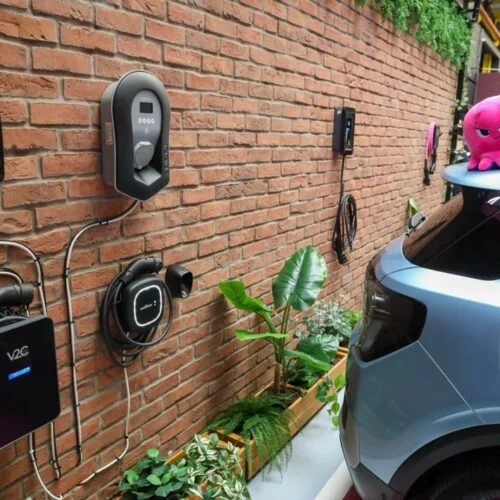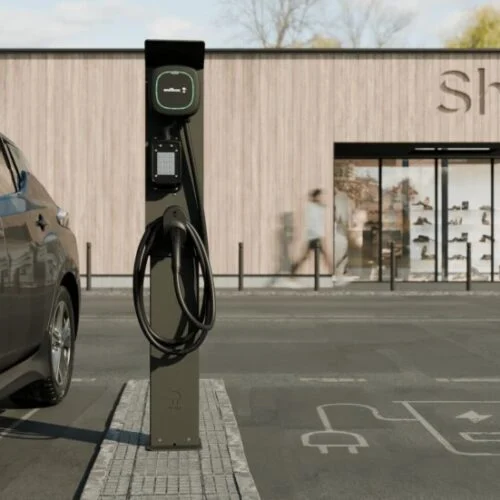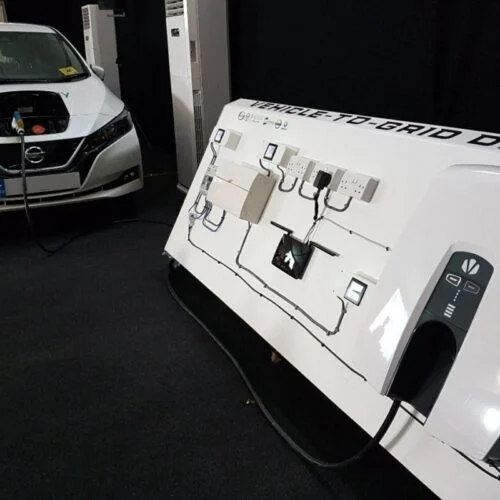A new report from analytics firm Cornwall Insight shows that affordability issues for EVs are posing a major barrier to the UK’s climate goals.
The report, named Driving Down UK Transport Emissions: Tackling the Key Barriers, notes that while 80% of current EV owners are able to benefit from home charging, which is largely cheaper than public charging, around 75% of UK homes lack access to a driveway, forcing them to rely on more expensive public charging for their EV. Previous data from Cornwall Insight revealed that public charging can cost as much as £1,500 more per year than using an off-peak home charging tariff.
The report notes that new EVs cost around 40% more than comparable petrol or diesel vehicles, something that Cornwall Insight states is undermining the environmental and financial benefits of switching to an EV.
Moreover, it has been noted that the reduction of tax benefits for EV drivers has further limited the economic incentive to switch to an EV, and there is limited financial support to aid with the upfront cost of buying an EV. In order to address the affordability gap in the UK EV sector, Cornwall Insight is recommending a number of steps be taken.
These include introducing targeted subsidies for both new and used EVs with a particular focus on lower-income buyers; introducing interest-free loan schemes, like the one operated by Transport Scotland across the country; boosting the growth of the second-hand EV market to bring EV prices down and add more affordable entry points for EV ownership; and making public and workplace EV charging cheaper and more accessible, particularly for those living in homes without driveway access.
Scotland offers a number of other supportive programmes to encourage switching to an EV; Transport Scotland provides interest-free, six-year loans to support the purchase of used EVs, a market which the Society for Motor Manufacturers and Traders (SMMT) notes has been booming in recent years.
Tilly Boultwood, analyst at Cornwall Insight, called affordability “a critical barrier to EV adoption”, noting: “If EVs remain the preserve of the wealthy, the transition to zero-emission transport will be delayed and uneven”. She added: “Government intervention is essential, not only to subsidise up-front purchase costs but also to address high public charging prices that disproportionately affect those without access to private home charging.”
